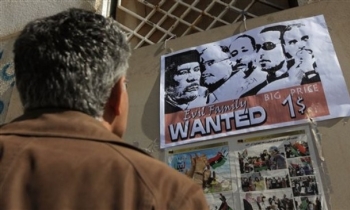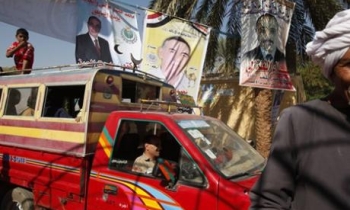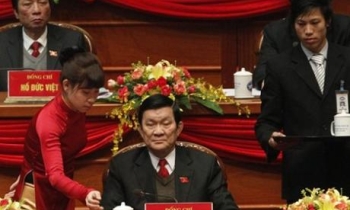The Chameli Devi Jain Award 2007-08 for Outstanding Woman Mediaperson has been bestowed upon Rupashree Nanda for her journalistic compassion, courage, and innovative style. Nanda, an investigative reporter with CNN-IBN was the top contender among a host of senior women journalists, all of whom have been appreciated for their contribution to Indian journalism.
The award, which is given by by the Media Foundation, was presented by former Prime Minister IK Gujral at a function in New Delhi on Tuesday.
The jury comprised Alok Mehta, Editor, Outlook and President of the Editors Guild of India, Sachidananda Murthy, Editor of the Week and Secretary General of the Guild, and Coomi Kapoor, Contributing Editor, the Indian Express.
Nanda has emphasised agricultural development, civic rights, human rights, and environmental issues with her telling accounts of the low quality imported red wheat, mass migration from Bundelkhand to Delhi, and the Bhatidah mine disaster.
“The Media Foundation is proud to bestow this award on someone whose work has displayed great sensitivity and social concern and goes beyond the obvious narrative of distress and deprivation,” said the foundation's chairman, BG Verghese.
The award function was followed by a discussion on “Media, Freedom and Democracy in South Asia”, moderated by Shekhar Gupta, Editor-in-Chief, the Indian Express. The panelists were Waqar Mustafa, Editor of South Asia Media Monitor from Pakistan, Matiur Rahman, Editor of Prathom Alo from Bangladesh, and Sunanada Deshpriya, head of the media unit of the Centre for Policy Alternatives in Sri lanka.
Rahman spoke of the various brutalities that Bangladeshi journalists were subjected to during the January 2007 emergency. He said that although the government had misused its authority against media in the past, it has not diminished their (that of journalists') faith in democracy in the form of the upcoming elections.
Deshpriya commented on the sorry state of the news media in Sri Lanka, where Tamil and Sinhalese newspapers read differently. He said the government has made consistent efforts to attack select television stations, radio stations and newspapers who give out any critical analysis of the prevailing tension in the state.
“The government openly declares that if media is not with us, they are with the Tigers. Journalists who defy the government are branded as Tigers,” he said while explaining the tyranny inflicted on mediapersons. He said, “The future of news reporting lies in community-oriented media like internet blogs and citizen journalism, which shall increase the scope of communication and make it more responsive."
Mustafa elucidated how his country has over the past years been the victim of discriminatory legislationss which muzzle the media. “Unlike other countries, where democracy has emerged out of the free media, in Pakistan media has brought about democracy due to the efforts of a few dedicated journalists. Today, journalists face dangers like intimidation, bombing, blackmailing and even death. So they should be given employment benefits like insurance cover. Special conflict reporting training should be provided to them”.
On being questioned about the media scenario in India, Gupta said, “I differ with the view about citizen journalism as a successful news media since reporting is a specialist’s job. You cannot have citizen journalists just as you cannot have citizen doctors.” He concluded by saying, “There is no such thing as a perfect situation. Nothing is perfect in a journalist’s life—threats from interest groups, goons is a part and parcel of the job. Otherwise, we’d all be anchors.”









